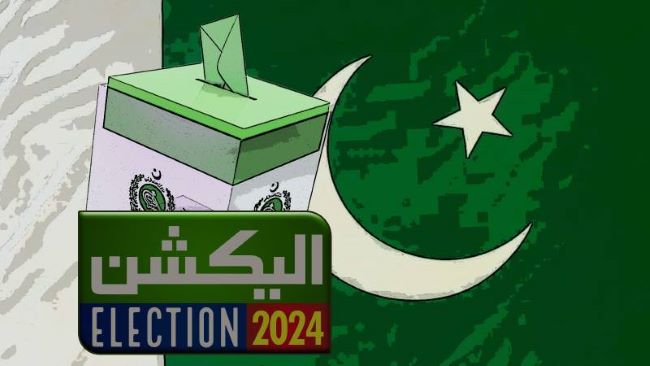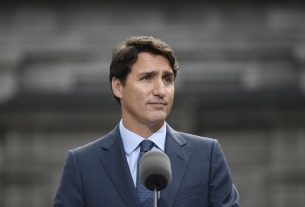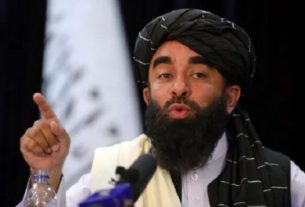ISLAMABAD: More than 65 hours after the polling concluded, the Election Commission of Pakistan (ECP) on Sunday finally announced the complete results.
Results show the PTI-backed candidates are in the lead, followed by the Pakistan Muslim League-Nawaz and Pakistan Peoples Party stands in the third position.
However, none of the parties have a clear mandate to form a government on their own. Therefore, coalition government is inevitable.
The split verdict in the February 8 elections has caused more political uncertainty. If people were hoping polls to bring some semblance of stability, the outcome seems to have thrown the country into a bigger mess.
The hung parliament that is evident will only complicate Pakistan’s host of challenges including on the external front.
Pakistan has an uneasy relationship with its neighbours, particularly Afghanistan and India. Just weeks before the polls, the missile strikes by Iran inside Pakistan caused an unusual hiccup. The two countries were quick to climb down the escalation ladder after Pakistan retaliated with its own strikes.
However, the rupture caused in the relationship may take time to heal. The Iranian Foreign Minister travelled to Pakistan just days after the tit-for-tat missile strikes to defuse the crisis.
Sources in the Foreign Office (FO) told The Express Tribune that a strong government was necessary to make crucial decisions on the foreign policy front.
One thing is certain Pakistan will have a coalition government and the process may take time due to background discussions and a lot of give and take. Sources said this situation might not augur well in terms of dealing with foreign policy challenges.
The immediate task of the incoming government is to assess the foreign policy challenges. On top of it will be the uneasy ties with Afghanistan.
There has been a stalemate between Pakistan and Afghanistan for months due to the activities of the banned Tehreek-e-Taliban Pakistan (TTP).
There is a hope that the incoming government may make fresh efforts to ease tensions with the Afghan Taliban. However, with no clear mandate and likely coalition government, the new administration may have its hands full dealing with other challenges.
Sources said a strong government with a credible mandate could help steer the country out of a quagmire. There has been unusual reaction from several countries over the election results in Pakistan.
The US, EU, UK and other countries demanded investigations into allegations of rigging and interference to change the results. Several US congressmen endorsed the call, much to the surprise of the foreign office, which had to issue a rebuttal.
“We are surprised by the negative tone of some of these statements, which neither take into account the complexity of the electoral process nor acknowledge the free and enthusiastic exercise of the right to vote by tens of millions of Pakistanis,” read the FO statement.
“These statements ignore the undeniable fact that Pakistan has held general elections, peacefully and successfully, while dealing with serious security threats resulting primarily from foreign-sponsored terrorism,” it added.
“Some statements are not even factual. There was no nationwide internet shutdown. Only mobile services were suspended for the day to avoid terrorist incidents on the polling day. The elections exercise has demonstrated that the concerns of many commentators were misplaced,” it further said.
Sources said that once the government was formed, this criticism would die down. The likely coalition government will make it difficult for any effort to seek rapprochement with India.
The three-time former prime minister Nawaz Sharif had shown interest in reviving his “peaceful neighbourhood” policy. Since the PML-N failed to get a simple majority, the elder Sharif may not pitch himself as prime ministerial candidate.
This means prospects of any new beginning with India may diminish.__Tribune.com





